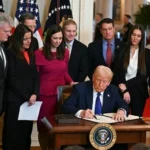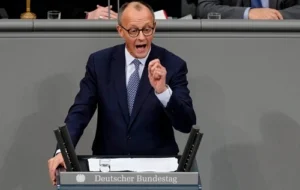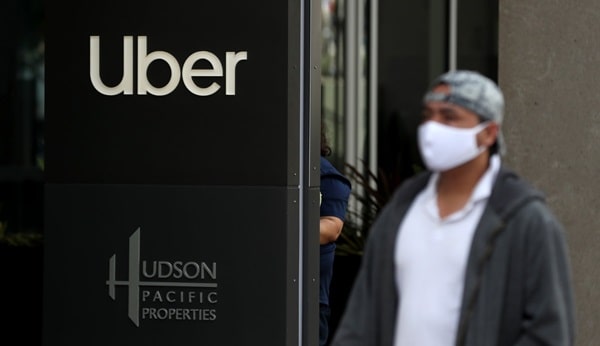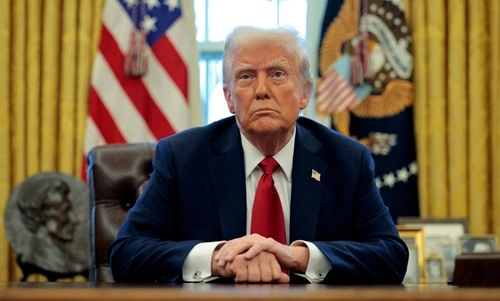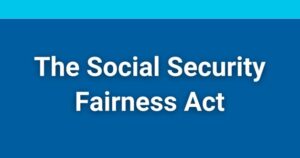In December 2024, the Minneapolis City Council amended an ordinance that previously prohibited the obstruction of entrances and driveways to abortion clinics. This decision came in response to a lawsuit filed by Pro-Life Action Ministries, an anti-abortion group, which argued that the ordinance infringed upon their First Amendment rights.
Background of the Ordinance
The original ordinance, enacted in 2022, aimed to protect patients accessing the Planned Parenthood clinic in Minneapolis’ Uptown neighborhood. It prohibited any obstruction of clinic entrances and driveways, intending to ensure unimpeded access for individuals seeking services. Pro-Life Action Ministries, known for deploying “sidewalk counselors” to engage with individuals entering the clinic, contended that their activities were peaceful attempts to dissuade people from obtaining abortions. They claimed that the ordinance impeded their ability to communicate their message, thereby violating their free speech rights.
The Lawsuit and Legal Arguments
In April 2023, Pro-Life Action Ministries filed a lawsuit against the city, asserting that the ordinance was an unconstitutional restriction on free speech and freedom of religion. They argued that their sidewalk counseling did not involve physical obstruction but rather conversational engagement with individuals entering the clinic. The group sought to have the ordinance overturned to continue their activities without legal repercussions.
City Council’s Response and Amendment
Facing the lawsuit, the Minneapolis City Council revisited the ordinance. On December 5, 2024, after a closed session, the council unanimously approved an amendment to the ordinance. The revised law now explicitly exempts “any person or group engaging in conduct protected by the United States Constitution, the Minnesota Constitution, or federal or Minnesota law.” This change aims to balance the protection of individuals’ access to healthcare facilities with the preservation of constitutional free speech rights.
Financial Implications
As part of the settlement, the city agreed to cover the plaintiffs’ legal fees, acknowledging the ordinance’s overreach concerning free speech rights. While the exact amount is yet to be determined, estimates suggest that the legal fees could be in the range of $600,000. This financial commitment reflects the city’s recognition of the constitutional issues raised by the original ordinance.
Reactions from Stakeholders
Brian Gibson, CEO of Pro-Life Action Ministries, expressed satisfaction with the amendment, stating that it validated their stance on constitutional rights violations. He emphasized that their sidewalk counselors aim to engage in peaceful dialogue without obstructing access to the clinic. Conversely, Planned Parenthood North Central States, though not a party to the lawsuit, noted that the revised ordinance still prohibits physical obstruction, ensuring that patients remain protected from blockages when accessing services.
Broader Legal Context
This case is part of a series of legal challenges nationwide concerning ordinances that regulate activities near abortion clinics. The Thomas More Society, representing Pro-Life Action Ministries, is involved in similar lawsuits across various jurisdictions, including Clearwater, Florida; Westchester County, New York; San Diego; and Detroit. These cases often center on the tension between ensuring unimpeded access to healthcare facilities and protecting First Amendment rights.
Conclusion
The amendment of Minneapolis’ clinic access ordinance highlights the complex interplay between safeguarding access to healthcare services and upholding constitutional free speech rights. While the city aims to protect individuals seeking medical services, it must also ensure that regulations do not infringe upon fundamental freedoms. This case serves as a reminder of the ongoing national debate over the boundaries of protest activities and the rights of individuals accessing reproductive healthcare facilities.





